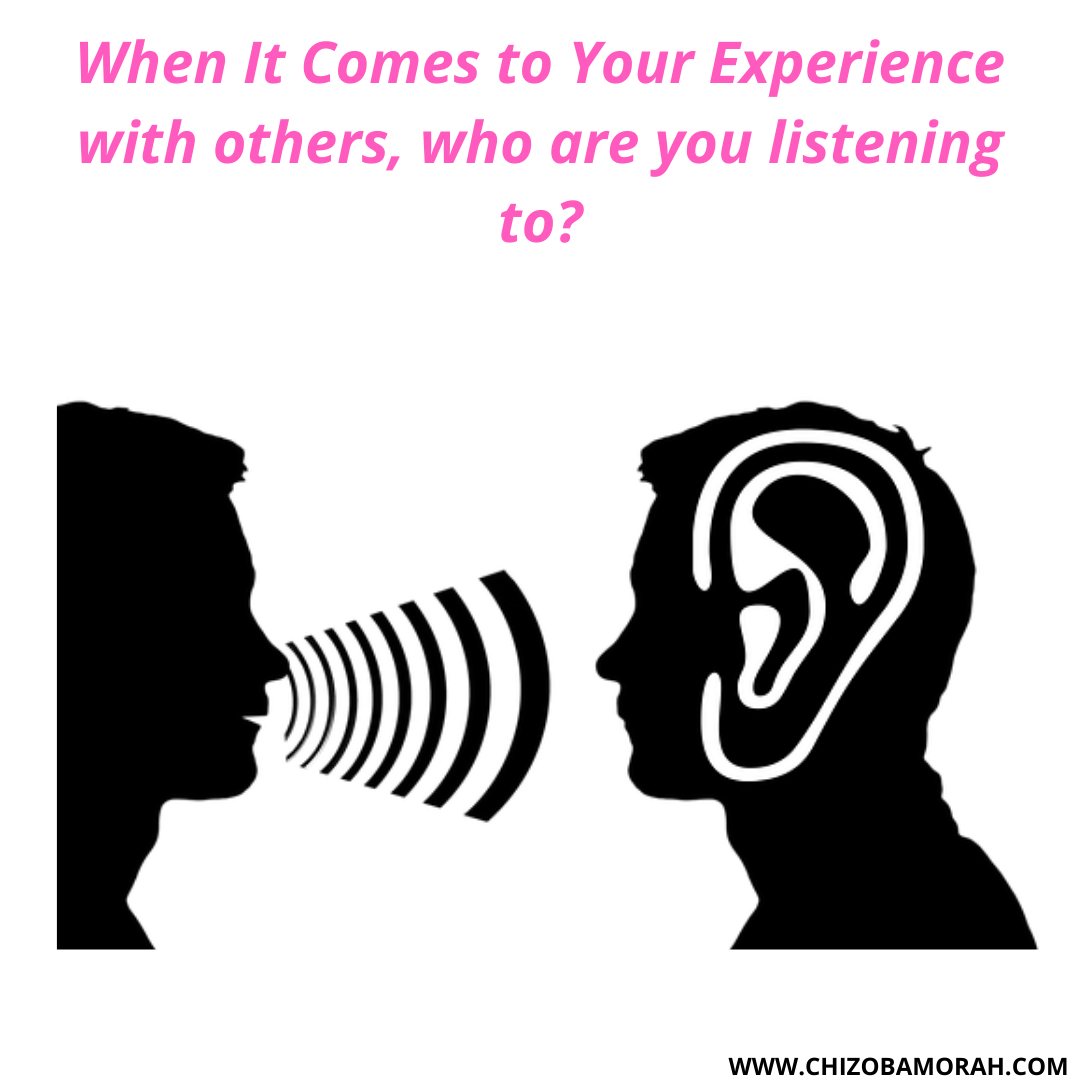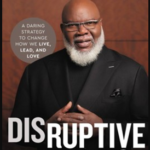As an Amazon Associate I earn from qualifying purchases.
I am going to start with a question that I will ask you again at the end of this. When it comes to your experiences with people, who are you listening to?
I ask this question, because over the course of these months of lock down, I have had conversations with people, who transmit knowledge of someone else based on what they heard someone else say. For example, Ms. so and so, told me that Mr. so and so is this way, or I will no longer talk to Mr. XYZ because Mr. ABC said this and that.
I have always known that some of our human interaction is often based on what we have heard others say, but how prevalent it is, at least in my immediate surroundings, is new to me. A lot of people react to others based on what they have heard someone said, and not based on their own experience of that person. It makes me wonder how many of the odd reactions I’ve gotten from people are based on what they have heard about me, from others.
It is inevitable that someone may end up being a topic of discussion. For example, I am thinking of inviting person A to my project, what do you think? As much as you listen to others, remember:
- What someone says is not always what the receiving party hears
- Experiences are different
Saying vs Hearing
What you say, is not always what the receiving party hears. There was a time someone said to me, “You have very strong opinions for an African woman”. I felt insulted and I was offended, because what I heard was “As an African woman, you need to be less argumentative or not speak your mind”.Thankfully, I heard that comment when I was much older and wiser, and so I asked them what they meant. They really thought they were paying me a compliment, but that was not how I ‘heard’ it.
This is an important point to keep in mind, because when person A tells you something about person B, what you are being told is what person A ‘heard’, not necessarily what person B ‘said’. Sometimes people say things and we read an intent that is not there, or the person speaking just uses the wrong words.
Experience vs Experience
Our experiences with the same people are different. I will give another example. While updating me on a project she was working on, a family member had nothing but good things to say about person X, who she had been assigned to work on the project with. I had had encounters with person X, none of which were good, and I made that known.
My family member and I were at odds about this person because she had nothing but good interactions with her, and the opposite was true for me. It took me time to realize that the way she experienced that person can differ from my experience, and both of us were right.
Let’s rotate the lens a little :
I will give another example from my end. Someone was rude to me when asking for a favor and I did not skimp on a scathing response. She told someone else (Person Y) that I spoke harshly, was aggressive, and they should be careful with me. At the end of my first meeting with Person Y, she was surprised because I was more laid back than she expected. When I inquired why they would hold such a view, they were kind enough to tell me why. For the first person and for person Y, they both had interactions with me, but their experiences differed. Both of them were right.
I am not saying that you should not believe people when they talk to you about their impressions and experiences with others, because sometimes they are right. However, keep what they have said with you and open your mind to your conversation or encounter with whoever is the topic of discussion.
Do Unto Others….
Before you write someone off, demonize them or build them up, be certain that you are doing it based on first hand experience and not on second or third hand information. Think of it this way, if the case was reversed – if someone came to you and reacted to you, not based on what you have done or said, but on what someone else told them, how would you feel? If you would not want it for yourself, why would you do it to others?
Who you should listen to
You should first and foremost, listen to God. Sometimes, God sends you to someone and there is a reason why. If you get so caught up with what others have to say about someone else, you may miss an open door or the purpose of God’s assignment to you. If Paul had refused to go to the gentiles when God sent him, because of all that he had been taught about them, by others, we (non Jews) may not have received the gospel.
So, now that we have had this discussion, I am asking again: When it comes to your experiences with others, who are you listening to?
Do not forget to subscribe to my email list or one of my social media pages for constant updates.
Amazon and the Amazon logo are trademarks of Amazon.com, Inc, or its affiliates.




